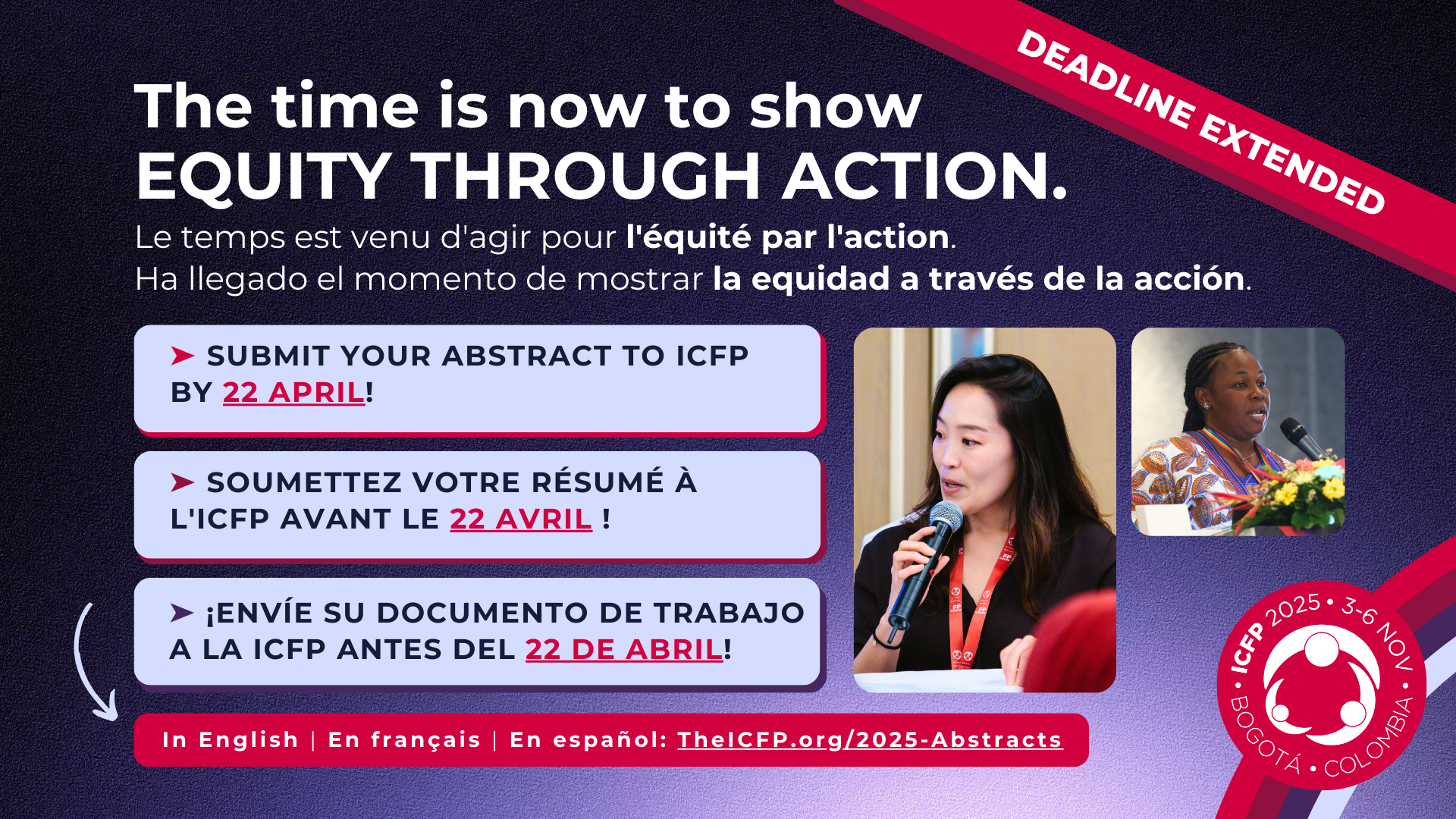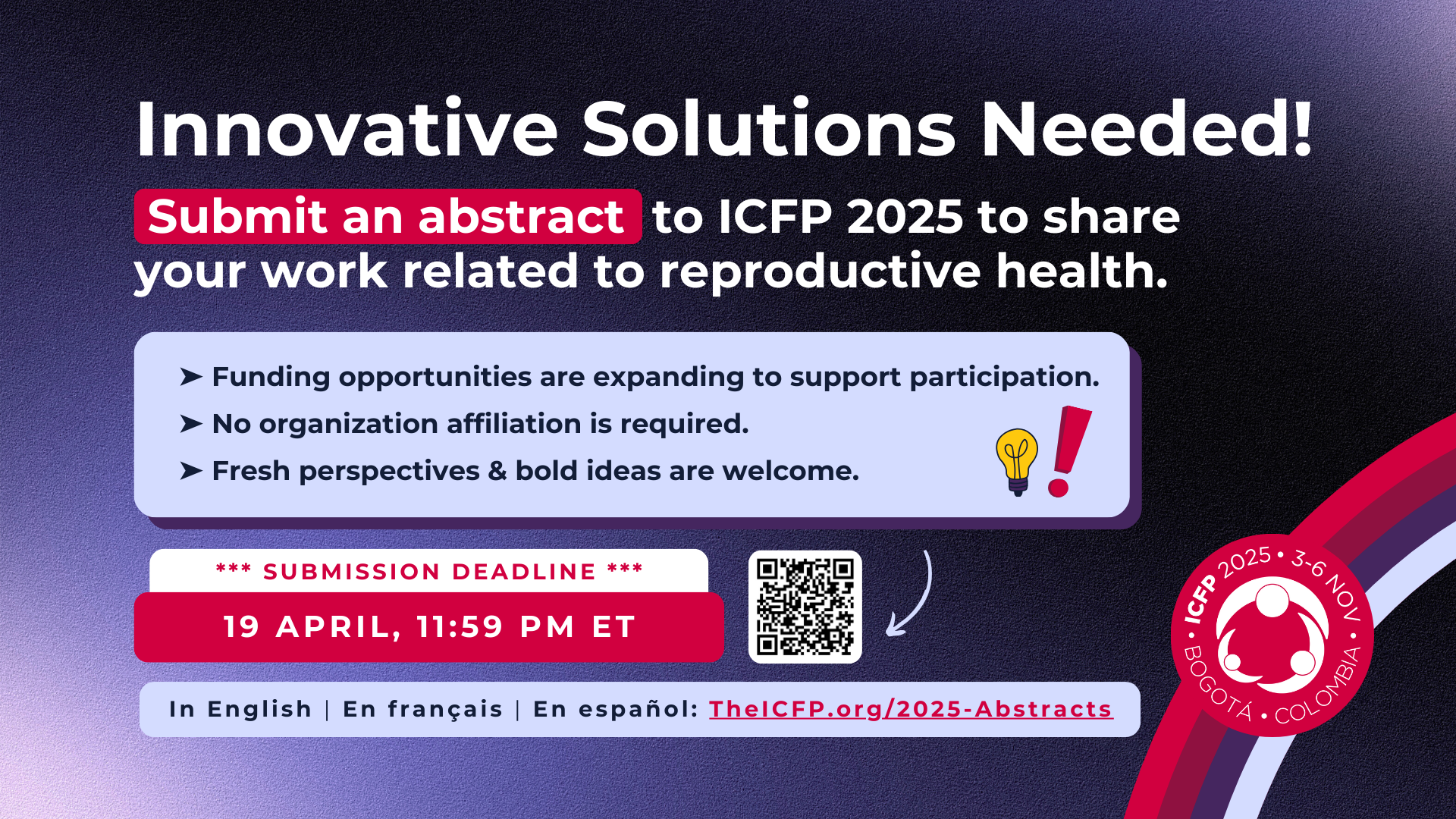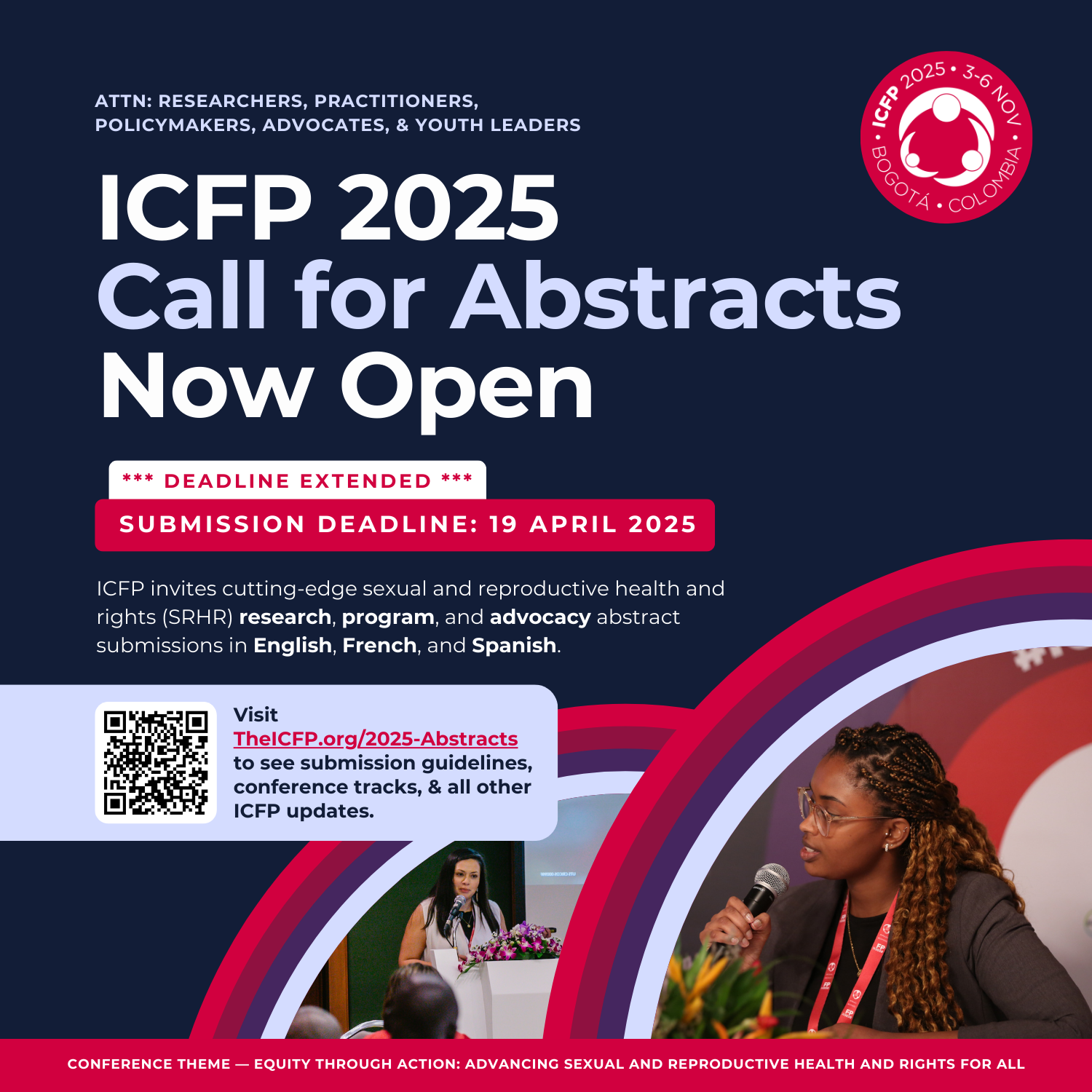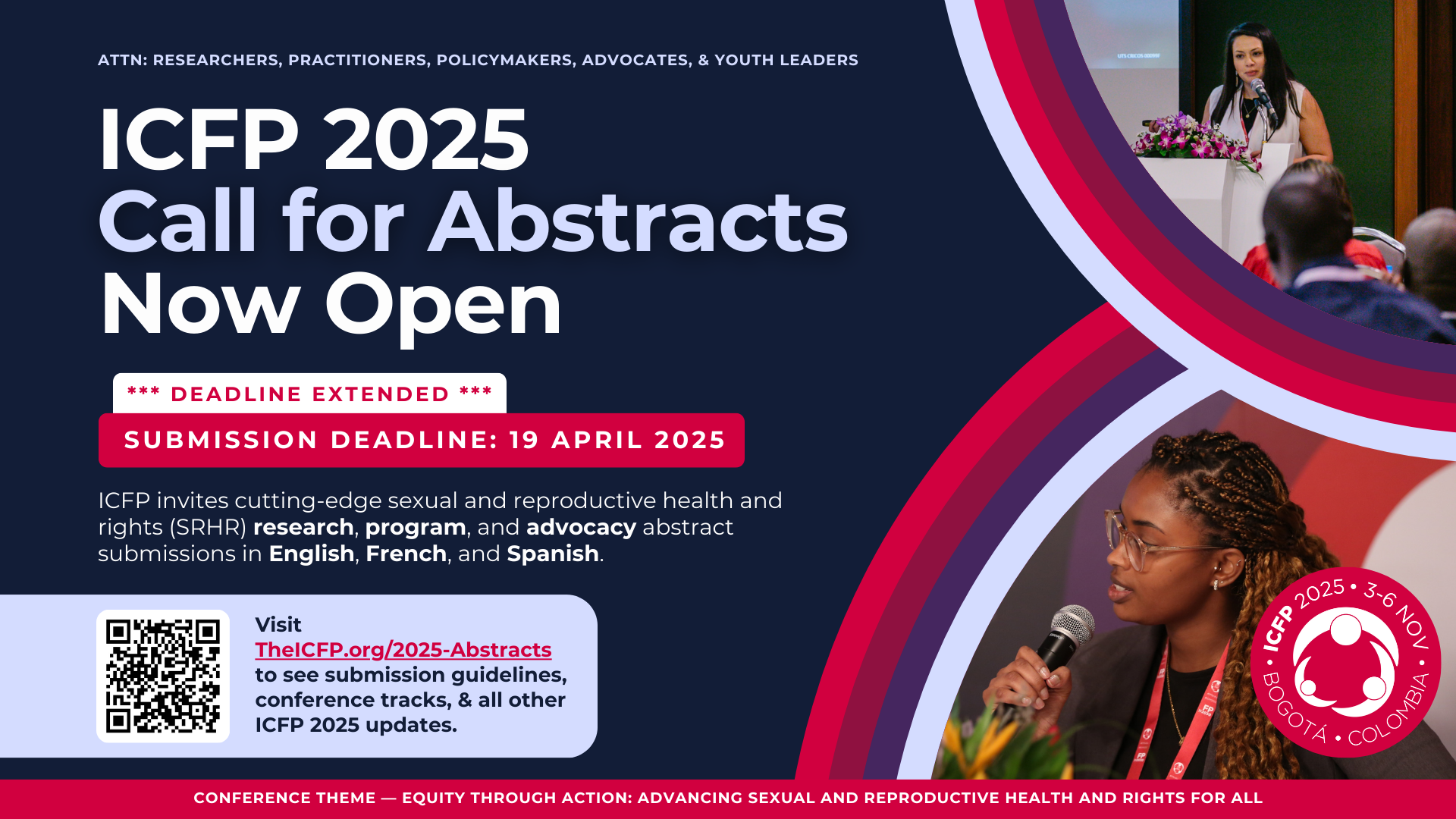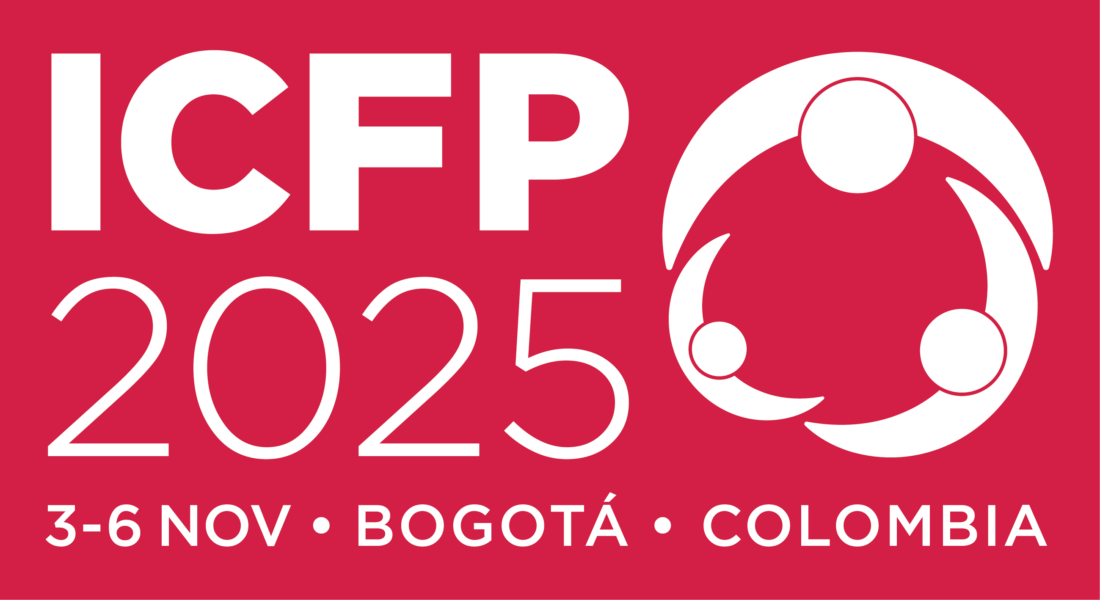GUEST COLUMN:
By Kelly Saldana, Vice President, Systems Strengthening and Resilience, Abt Associates
Migrants are the largest marginalized population on earth and growing every day. The drivers, destinations, and dynamics of migration are changing: More women and girls are migrating, with approximately 120 million fleeing violence, conflict, poverty, and natural disasters right now; increasingly other low- and middle-income countries (LMIC) are their destinations. In the wake of the global COVID-19 pandemic, it is clear migrant health needs cannot be ignored, creating new challenges for already under-resourced health systems in these countries.
Equity is at the forefront of global development and health agendas. Yet migrants typically have no financial protection when accessing health care in countries where they are not citizens. Supporting migrants’ ability to access services—including preventative and reproductive health services—benefits the whole population as resources are optimized and the spread of diseases curtailed. The ability of LMIC health systems to meet migrants’ health needs can therefore be a useful proxy for overall resilience and inclusivity.
Women and girls in particular face unique, explicit risks in migration as victims of sexual and gender-based violence, trafficking, and other forms of exploitation.
Becoming pregnant during their journey poses additional risks to them and their children. Addressing these factors highlights both the need for equitable health service models and the central role of human resources for health.
For example, basic services such as prenatal care and labor and delivery are now a routine, systemic need among Venezuelan migrants in Colombia, where Abt through USAID is advising on new policies to integrate migrants into health systems and mobilization of domestic resources to handle demand. In Tajikistan, the public health system responded to an initial influx of Afghan refugees, and Abt’s USAID project teams supported surge training and staffing of health workers to provide maternal, child, and reproductive health services at temporary encampments. Now, our team there says the government has since fully absorbed the migrants as residents and supports their access to all health care through the standing community health model.
Migrant, refugee, and mobile populations do not have the same access to services as native populations, and their health is impacted by overlapping social determinants and societal factors. Their medical needs are broader than basic health care and include the need for mental health and social services addressing trauma stemming from family separation, trafficking, and human rights abuses.
Without a range of care providers sensitized to these issues, and mechanisms to ensure financial access, migrants are less likely to access care. These hurdles affect other mobile and excluded populations, such as internally displaced persons, pastoralist societies, or stigmatized groups that have difficulty finding culturally acceptable services.
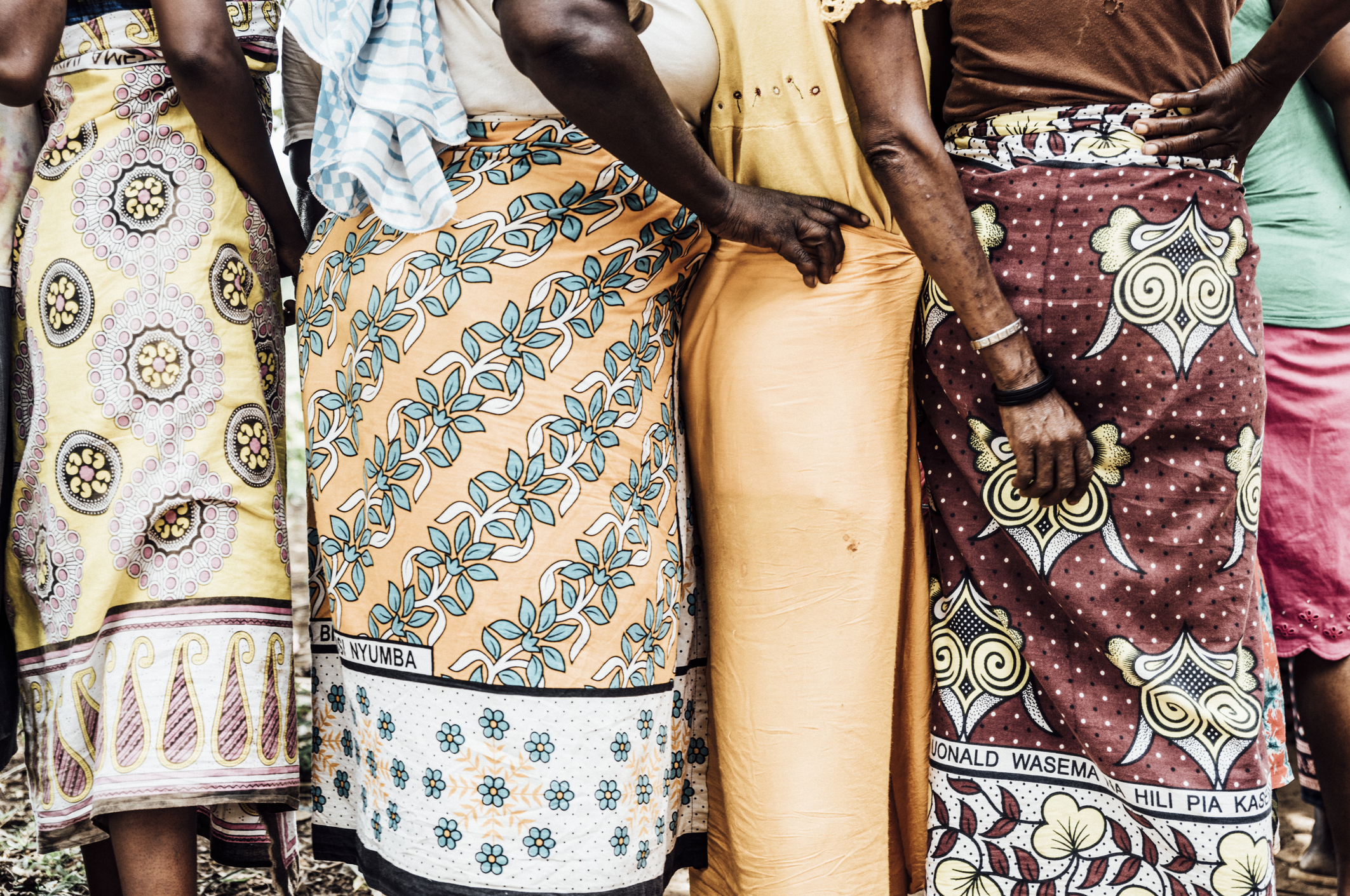
Inclusive health systems that support migrant and mobile populations are more likely to meet unique health needs across their local populations.
The awareness, policy, cross-ministerial collaboration, and sensitization required to prioritize and meet migrants’ health needs inherently creates or strengthens the systems needed to better serve other vulnerable groups.
Reaching migrants requires both localized, context-specific and whole-of-society approaches to health systems. The traditional approach for supporting migrants’ health is local, driven by NGOs, churches, and other emergency relief providers. Colombia has demonstrated how to expand on this humanitarian model to provide access to primary care services within the health system while maintaining partnerships with community vigilance committees who advocate for migrants.
Similar lessons can be drawn from Ethiopia’s experience in adapting local approaches such as community-based insurance (CBHI) schemes to ensure access to affordable health care for mobile populations, including pastoralists. Reforms in Ethiopia—which Abt has helped advance in partnership with USAID and with all levels of the Ethiopian government—have also widened service access for mobile populations, including by adapting targeted subsidies for the poorest to join CBHI schemes and fee exemptions for priority services such as immunization, treatment of tuberculosis and HIV/AIDS, as well as antenatal, delivery and post-natal care. CBHI itself empowers women to seek services for themselves and their children without waiting for permission and money from their husbands.
Meeting migrants’ needs means aligning local and national health policies within countries, but a more complete response to the issue will require cross-country collaboration to build portability of financial protection and service access.
Access to health care for migrants directly reflects country politics and policies.
Whether socioeconomic, political, or climate-related, migration affects all sectors and addressing it requires intersectoral action and cross-ministerial, integrated governance grounded in equity and inclusion.
Recent experience offers lessons and guidance to improve migrant health and access. We’ve seen how health systems can reach migrant populations with COVID-19 vaccinations and information (and the benefits of doing so). We can build on these experiences to extend access to other health commodities and services—such as contraceptives or STI/HIV counseling and testing. Where national political realities prohibit full incorporation of migrants into a health system, local governments can partner with private and community organizations for specific services, such as offering free access to contraceptives, or developing an app or SMS message for women and girls to report trauma and connect them to counseling and reproductive health services.
Ultimately migrants cannot be excluded from health systems. They must have access to at least preventative and curative health services to stop the emergence and spread of infectious diseases, like COVID-19. Accelerating health systems inclusivity for migrant and mobile populations—with attention to specific needs, such as those of women and girls—benefits and protects communities at large.
Bio: Kelly Saldaña is vice president of systems strengthening and resilience at Abt Associates, where she leads new solutions to integrated, locally driven program design across the company’s global portfolio. Saldaña joined Abt after nearly 20 years at USAID, where she oversaw the agency’s health systems strengthening and capacity-building portfolio and the programming of its $6 billion COVID-19 response.
Learn more about Abt Associates:

